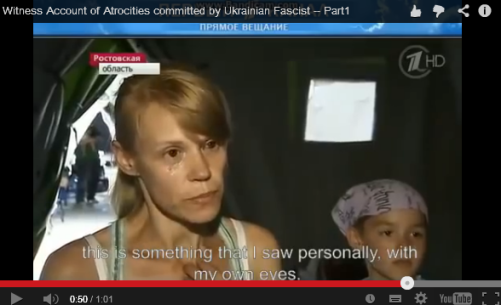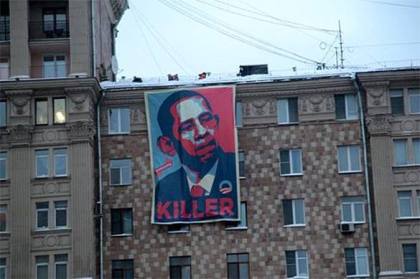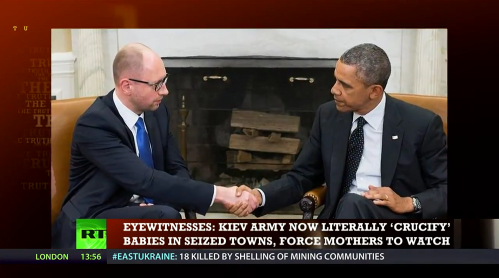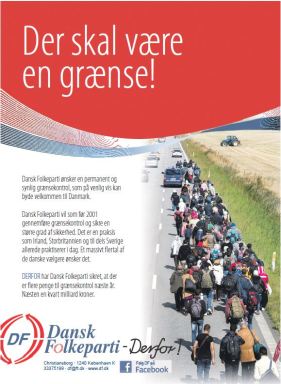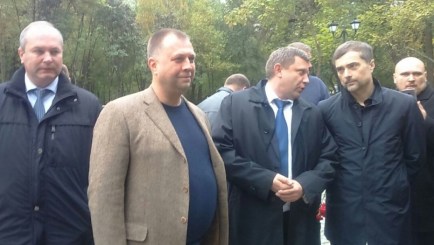
Activists in Berlin protest LGBT rights violations in Russia, including egregious abuse of Cyrillic and a large dose of Orientalism to boot.
I’m reading a lot at the moment about ‘culture war’, the ‘conservative turn’ and things like historical homophobia in Russia. This is to prepare a paper and, hopefully, publication on this topic for a special issue in Europe-Asia Studies that a colleague proposed. So immediately I thought, well, what about looking at this from the ground up? Instead of taking it as read that where conservative entrepreneurs like Yelena Mizulina lead (‘prohibition is freedom’), ordinary people ‘follow’, my hunch was that actual penetration into society of ‘Gayropa’ tropes is weak. That’s not to say there is some fertile ground, and of course a long history of different types of intolerance, some of which are ingrained.
And so I was lucky enough to be able to do some focused interviews with some of the long-term contacts I have and surprisingly was able to get quite a (small) cross-section of people talking about this in my fieldwork last year. My rather banal conclusion is that while homophobia (like antisemitism) is sometimes talked about as if it were a national pastime (hey don’t troll me; more than one Russian friend has made this ‘joke’), Russia is not the ‘intolerant’, socially conservative place it is so often presented to be, when observers assume an active response to elite-led rhetoric about the malign influence of a degenerate western ideology of permissiveness. Take up and ordinary use of ‘Gayropa’ is the exception, not the rule around ‘everyday homophobia’. Although, having said that more than of my close friends in the field is a very big consumer of the Juvenile Justice narrative and there certainly is a susceptibility to the paedophilia-homosexuality linkage slur (Tova Höjdestrand has done good work on this and ‘grass-roots conservatism’ in general). This was brought home to me because when I moved from the UK to Denmark, it became a hot topic – Scandinavia being the blank canvas of permissiveness onto which some people project their fantasies (no I’m not going to talk about the story about the brothel for animals in Denmark – get your own browsing history tagged).

One of a collection in the series ‘You know you’re in ultra-laid back Denmark when…’ Porn (including some hardcore and violent films!) ‘might not’ be suitable for children?
Anyway, I will get back to those topics in a later post, perhaps when my article it better developed. In this post I want to focus in on the recent polling on homophobia (an ‘emblematic’ topic for measuring intolerance of others), in the light of the equally topical debate on the perils of opinion polling, and the homo soveticus debate. These three issues are now linked in my mind. What follows is my rather rough working draft of my deep suspicion of public opinion polling as evidenced by that done in Russia on homophobia (okay, I only looked at Levada).
Let’s take the recent Levada poll on ‘Attitudes towards LGBT people’. Radio Echo Moskvy presents these as: ‘More than half of Russians are negative towards sexual minorities’. This is accurate. However, without longitudinal context (conspicuously absent in coverage of the poll), things look different. While the headline ‘disapproval’ of homosexuality (56%) is presented with no time series to compare it to, other longitudinal data shows an ebb and flow from 51% approval in 2005, to a low of 39% in 2013, and back to 47% in 2019. Similarly, instead of ‘disapproval’, one could highlight the volatility of the ‘strong approval’ rating of equal rights: from 17% in 2005, down to 7% in 2013 and now 20%. In any case, psychology of survey data shows that people are more likely to respond with a ‘strong’ answer to items they interpret as politically topical and are presented with (compare the critique of ‘push polling’) – Brexit and migration is a good example of this.
Looking at the question of survey data and public opinion more generally, a major problem of interpretive comparability over time (among many others) is the tweaking of question wording that inevitably happens and the difficulty in formulating open questions. Levada recently came in for criticism on this very issue with their controversial survey on Stalin and Stalinism. Here too, on homosexuality, the same problem is evident; it is very difficult to compare longitudinally a much more interesting question about ‘nature versus nurture’ in the creation of sexuality. In the 2019 poll, the question is, ‘Do you think sexual orientation can be changed under the influence of external circumstances or is it an innate characteristic?’ Leaving aside the clumsy and potentially confusing wording of this question that many respondents might struggle to understand, this question is quite different from the one in 2013: ‘Do you think sexual orientation can change under the influence of propaganda?’ Interestingly, Russians gave a resounding ‘no’ to this answer in 2013. In the 2019 version 46% agreed that sexual identity is malleable, while 27% thought sexuality was innate. I would argue that both question forms are methodologically ‘leading’ and that pollsters could have chosen a more neutral or open form of questioning.
There appears to be more interpretive value in more modest aggregate longitudinal comparisons. On ‘family values’ and the civilizational differences between Russians and ‘Europeans’ this has been attempted through integrating survey data going back to 1989. These show a relatively rapid movement from harsh intolerance of homosexuality towards a slightly less intolerant mindset by 2011. For example, Fabrykant and Magun (2011) present data showing a sharp fall in people wanting to exterminate homosexuals (from 31% to 5%) while ‘toleration’ nearly doubles to around 25% of respondents. The authors are optimistic about changes to normative values given that even the highly stigmatised meaning of homosexuality shows moderation over time. On the other hand, their comparative results show that in 2013, 70% of respondents still gave answers indicating they thought homosexuality was pathological in some way. (Big thanks to Marharyta Fabrykant for making me aware of these materials – you can check out her work here).
More recently, the same authors have pointed out that Russia is among on the ‘medium-high’ end of tradition-normative values in comparison to other European countries (Fabrykant and Magun 2018: 82) [opens as a PDF]. They base this evaluation on the work of Viktoriia Sakevich (2014) who analysed Pew Research Center data on ‘moral’ values. When these findings are broken down by category, Russia differs little from Western European countries on issues such as extra-marital and premarital sex, divorce, abortion, contraception. In some cases Russia is more ‘liberal’ than both Anglo-Saxon and some Southern or Eastern European countries. Homosexuality is the outlier, with Russia more similar to Asian and African countries.
However, we should again exercise caution, because so much depends on how questions are phrased. If we return to the important question of nature-nurture and homosexuality, Russians do not look so much like outliers. A recent UK poll, for example, records 34% of respondents as believing that gays are not born, but made, with much internal variation in the sample (YouGov 2017 – Opens as a PDF). As recently as 1998 a majority (62%) of British people thought homosexuality was always, mostly, or sometimes ‘wrong’ (Clements and Field 2014). One could even take a contrarian view and argue that based on attitudes towards adoption of children by homosexuals, British and Russian people are pretty similar when it comes to the question of equal rights: British people are strongly against gay men adopting (actually, like Russians they are very inconsistent and answer differently depending on how the question is asked!). Edwin Bacon makes a similar argument, highlighting similar levels of nationalism in Russia and some Western countries today, and reminding us that attitudes towards homosexuality only changed (but did they?) in recent living memory in the West, and that on some measures, Russia is arguably more socially ‘liberal’ (immigration). Finally, as I write this, open hatred of gay people is in the news in the UK with two violent attacks in public given widespread coverage (in Southampton and in ‘tolerant’ London) this week and the ongoing standoff over the teaching’ of LGBT issues in Birmingham.


